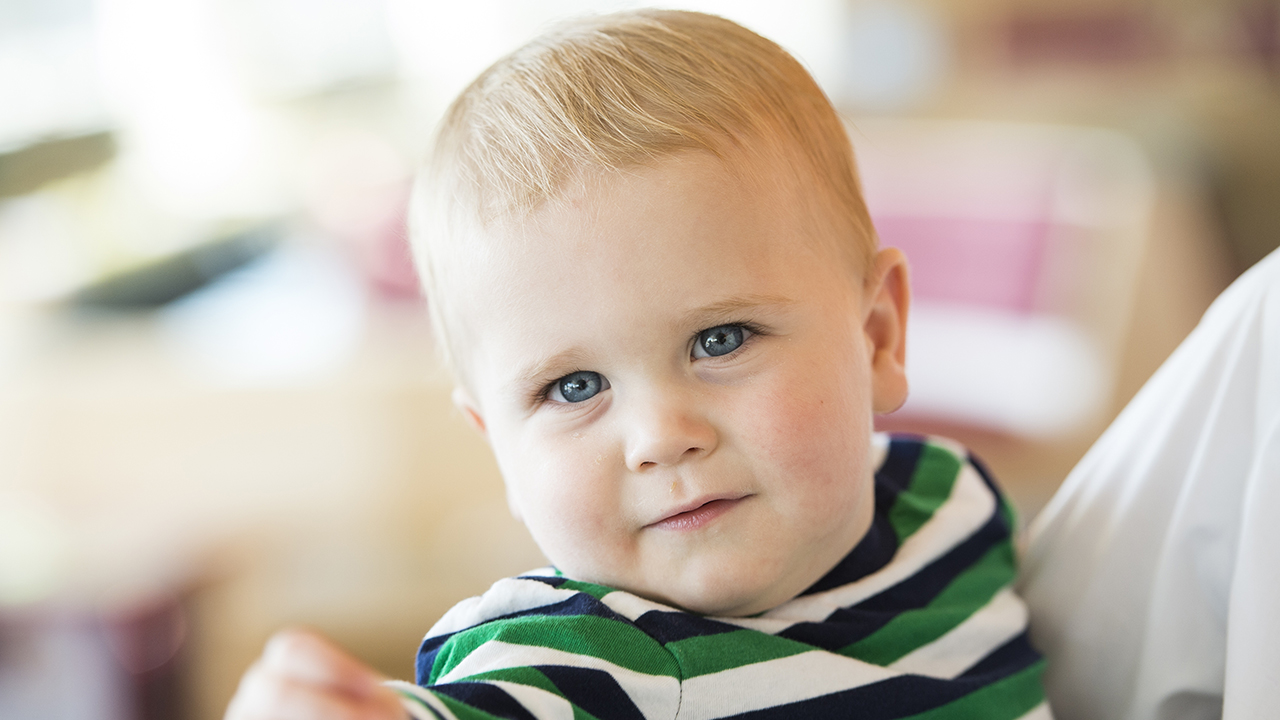- Doctors & Departments
-
Conditions & Advice
- Overview
- Conditions and Symptoms
- ¿Está enfermo su hijo?
- Parent Resources
- The Connection Journey
- Calma Un Bebé Que Llora
- Sports Articles
- Dosage Tables
- Baby Guide
-
Your Visit
- Overview
- Prepare for Your Visit
- Your Overnight Stay
- Send a Cheer Card
- Family and Patient Resources
- Patient Cost Estimate
- Insurance and Financial Resources
- Online Bill Pay
- Medical Records
- Política y procedimientos en el hospital
- Preguntamos Porque Nos Importa
-
Community
- Overview
- Addressing the Youth Mental Health Crisis
- Calendar of Events
- Child Health Advocacy
- Community Health
- Community Partners
- Corporate Relations
- Global Health
- Patient Advocacy
- Patient Stories
- Pediatric Affiliations
- Support Children’s Colorado
- Specialty Outreach Clinics
Your Support Matters
Upcoming Events
Mental Health Town Hall
martes, 23 de abril de 2024Join Children’s Hospital Colorado pediatric experts for a virtual...
-
Research & Innovation
- Overview
- Clinical Trials
- Q: Pediatric Health Advances
- Discoveries and Milestones
- Training and Internships
- Academic Affiliation
- Investigator Resources
- Funding Opportunities
- Center For Innovation
- Support Our Research
- Research Areas

It starts with a Q:
For the latest cutting-edge research, innovative collaborations and remarkable discoveries in child health, read stories from across all our areas of study in Q: Advances and Answers in Pediatric Health.


Toddler FAQs: Common Health Questions (2 to 4 Years Old)

The toddler years are an exciting time. Your little one is learning new things every day and showing more and more of his or her unique personality.
It’s also a time when serious parental involvement kicks in to keep a tot’s mind, body and overall health on track. Here are the toddler mom and dad’s most common health questions and concerns at Children's Hospital Colorado, and when it's time get your doctor involved.
Is my toddler ready for potty training?
Just like babies don’t walk at the same time, toddlers don’t potty train at the same time. Rather than focusing on the calendar, keep an eye out for signs that your child is ready.
Signs your toddler is ready to potty train:
- They express the need to go and the ability to hold it.
- They can understand words about going potty.
- They (and you) are comfortable talking about potty training.
- They can physically get on and off the potty with confidence.
Is my toddler talking enough?
Talking isn’t just an exciting milestone. it’s an important one! Just remember that kids have different personalities and talking styles. The important thing is to look for noticeable improvements year after year.
Changes to look for between 2 and 5 years old:
- Uses twice as many words as the year before
- Can be understood by strangers more and more
- Sentences get longer and more complex each year
- Attention span increases each year
- Ability to tell stories or logically answer questions improves
If you’re worried about your child’s speech, call your doctor or reach out to Children's Colorado's Audiology, Speech and Learning department for education and advice.
Are these tantrums normal?
Toddlers are eager to do things on their own and test boundaries. You’re used to seeing them as a baby who needs your help. When these two views clash (and when one of you has a limited vocabulary) frustration and tantrums result.
A healthy tantrum communicates:
- Something happened and I don’t like it
- I need a grown-up to pay attention to me
- I’m tired, hungry, sad, scared, frustrated, disappointed, confused, etc.
- I don’t have other tools to let you know how I feel
- I can’t control my emotions enough to tell you how I feel
If tantrums become destructive, if they don’t improve after the toddler years, or if you’re unable to stop a tantrum without losing your cool or giving in, call your doctor. They can investigate problems with sleep, anxiety, and more.
Prepare for what’s next
The toddler stage is only the beginning. Prepare for the school years and beyond with more FAQs. And don’t forget to check out those common concerns that affect kids at every age on our Timeless FAQs page.
Want parenting answers right in your inbox?
For more answers and advice, subscribe to the Just Ask Children’s newsletter. It’s the only parenting advice email that comes straight from the experts you trust at Children’s Colorado — one of the top children’s hospitals in the nation



 720-777-0123
720-777-0123



